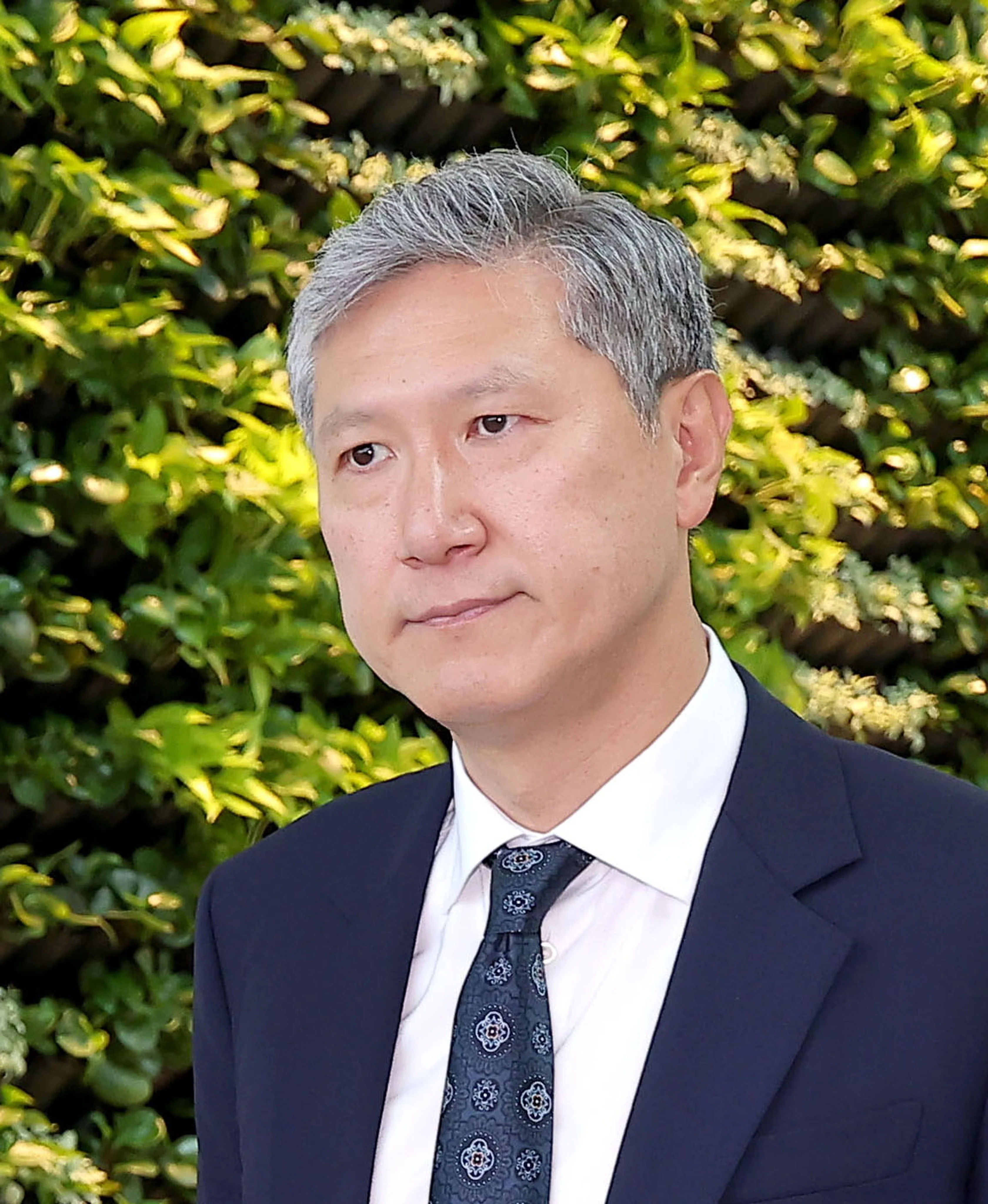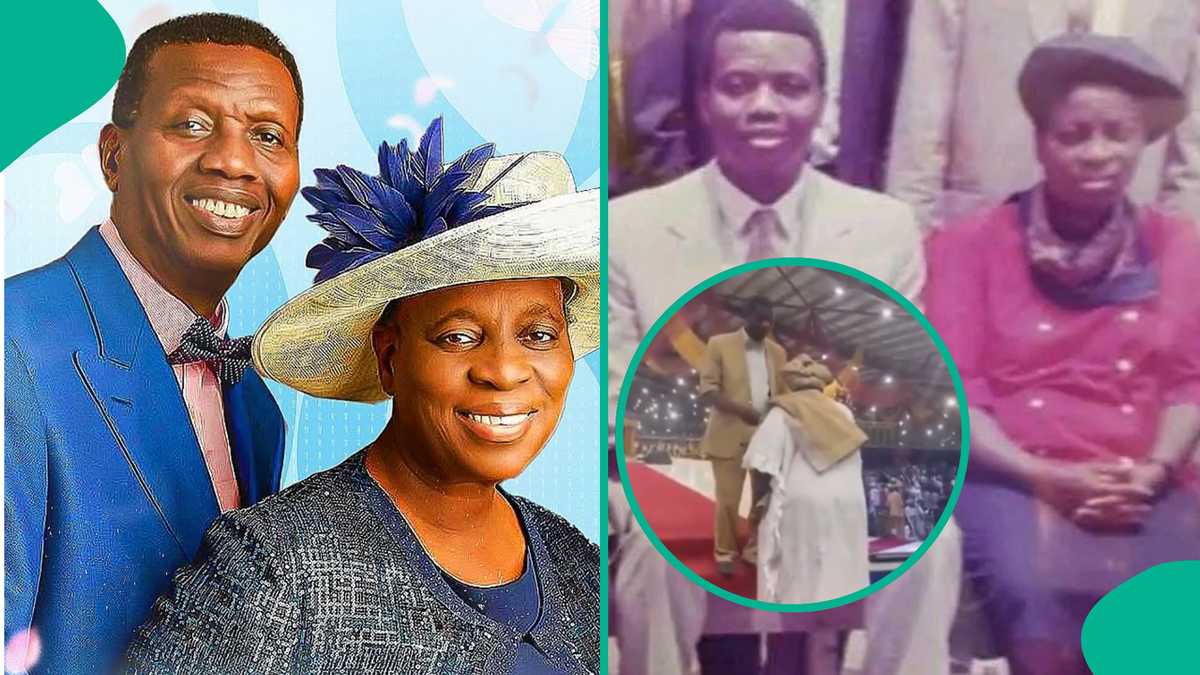By Vanessa Cai
Copyright scmp

South Korea's Foreign Minister Cho Hyun will visit China on Wednesday and Thursday amid the prospect of China’s president visiting Seoul next month and the expected appointment of a new South Korean ambassador to Beijing.
Cho will meet Chinese Foreign Minister Wang Yi to discuss various plans, including Chinese President Xi Jinping’s visit to South Korea for the Asia-Pacific Economic Cooperation (Apec) leaders’ summit on October 31 and November 1, according to a report by Reuters, which cited a statement from the South Korean Ministry of Foreign Affairs.
China’s foreign ministry confirmed Cho’s visit on Wednesday, but stopped short of giving details of the meeting agenda.
If Xi’s attendance at the Apec summit is confirmed, it would be his first visit to South Korea since 2014.
The election of Lee Jae-myung as South Korea’s president in June has offered an opportunity for Beijing and Seoul to recalibrate their relationship. It had soured during the presidency of Lee’s predecessor Yoon Suk-yeol, who had aligned his country with Washington.
The position of South Korea’s ambassador to China has been vacant since January but, according to South Korean media, it is expected to be filled soon by Roh Jae-heon, director of the East Asia Culture Centre and son of late South Korean president Roh Tae-woo.
The senior Roh oversaw the establishment of diplomatic ties between China and South Korea in 1992.
An official of the ruling Democratic Party said the government likely viewed Roh Jae-heon as a suitable figure to improve bilateral ties given the “expertise on China that he built up beyond what is publicly known”, according to Yonhap News Agency.
The Chinese foreign ministry on Thursday did not directly comment on the reported appointment, only noting that “diplomatic envoys are important bridges for friendly cooperation and development of relations between countries”, and that Beijing awaited Seoul’s formal nomination.
Last month, Roh was among a special delegation sent by Lee to Beijing as he sought to shore up relations with China.
The South Korean president has been stressing a pragmatic approach to diplomacy, and noted the need to rebalance Seoul’s relationship with Beijing as US-China competition intensifies.
Seoul and Washington are delicately navigating their relationship with Beijing, with both Lee and Trump potentially meeting Xi later this year.
Analysts noted that Roh Jae-heon’s background suggested Seoul would aim to improve bilateral relations by using people-to-people exchanges in particular, an approach Roh has engaged in for more than a decade.
In 2012, Roh founded the Korea-China Culture Centre – later renamed the East Asia Culture Centre – and in 2016 he served as an adviser to the international advisory group of Chengdu, Sichuan province, according to media reports.
In 2021, he chaired the sociocultural subcommittee of the Committee for Future-Oriented Development of Korea-China Relations under the South Korean foreign ministry.
A Chinese scholar on Korean affairs, who requested not to be named, noted that Roh’s extensive interactions in cultural exchanges had earned him a good reputation.
Because the elder Roh was renowned for “Northward Diplomacy”, the appointment of his son might further reflect Lee’s similar goal of improving ties with China, Russia and North Korea, the scholar said.
Northward Diplomacy described Roh Tae-woo’s pursuit of ties with communist nations during his five-year term. Under his administration, South Korea established relations with the Soviet Union in 1990 and with China in 1992.
Relations with North Korea also improved under Roh, with the two sides holding their first-ever prime ministers’ talks in 1990 and both countries joining the United Nations at the same time in 1991.
Last month, China’s ambassador to South Korea, Dai Bing, visited Roh Tae-woo’s grave in Paju, accompanied by the former president’s son, Roh Jae-heon, according to a statement from the Chinese Embassy.
Roh Jae-heon noted that he would carry on his father’s legacy by actively promoting the development of bilateral relations, according to the statement.
According to Kang Jun-young, a professor of Chinese studies at Hankuk University of Foreign Studies in Seoul, Roh’s nomination might suggest a symbolic return to the spirit of the establishment of diplomatic ties.
Given the China-US rivalry, it might also reflect Lee’s consideration of balancing ties with both Beijing and Washington.
Kang noted that while Seoul’s ambassadors to major countries had traditionally been career diplomats – or close associates and political allies of the president, as has always been the case for those sent to China – the situation had changed.
“If the president were to send a figure close to him to China, it could send a negative signal to the US. That is why Lee has chosen someone who is neither a high-profile politician nor strongly identified with one camp or the other,” he said.



